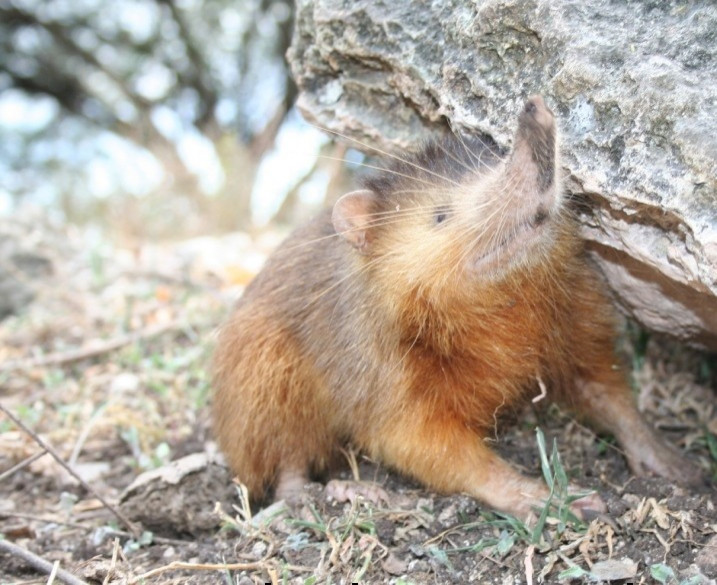Strange Prehistoric Mammal Protected in Dominican Republic

The solenodon, a rare and venomous prehistoric mammal, is the subject of a three year conservation study in the Dominican Republic, which is thought to be the last place on Earth the animal can be found.
First discovered in 1833, the solenodon is one of the planet's most ancient animals; it is believed to have walked with the dinosaurs. It is also the only mammal to have a poisonous saliva. Similar to a snake, the solenodon injects venom into attackers through its teeth.
It is one of about five venomous mammals. Certain shrews are thought to have venomous bits and the male platypus has a poisonous spur on its back legs.
Described as a living fossil the strange, long-nosed creatures are nocturnal and very rarely seen by humans. It is now on the International Union for Conservation of Nature Red List of Threatened Species.
Its area of occupancy is estimated to be less than 500 square km, its range is severely fragmented, it is restricted to forest habitats, and there has been an observed shrinkage in its distribution and anecdotal information on habitat destruction and degradation within its range, and a decline in the number of individuals due to invasive species and persecution, the IUCN stated.
The last assessment of the species was in 2008, but a joint British and Dominican effort to save the solenodon from extinction is now underway. The first task is just finding the elusive beasts.
The problem is that we really don't know anything about these animals - we don't know where they are, how many there are and how this relates to their habitats, Dr Richard Young, head of conservation science at Durrell, told BBC.
And before you can start to conserve them, you need to answer some really basic questions.
Researchers showed pictures of the solenodon to natives of the island, most of whom had never seen or heard of the animal before. Along with an animal called the hutia, the solenodon is the only native mammal left on the island of Hispanola.
© Copyright IBTimes 2024. All rights reserved.











